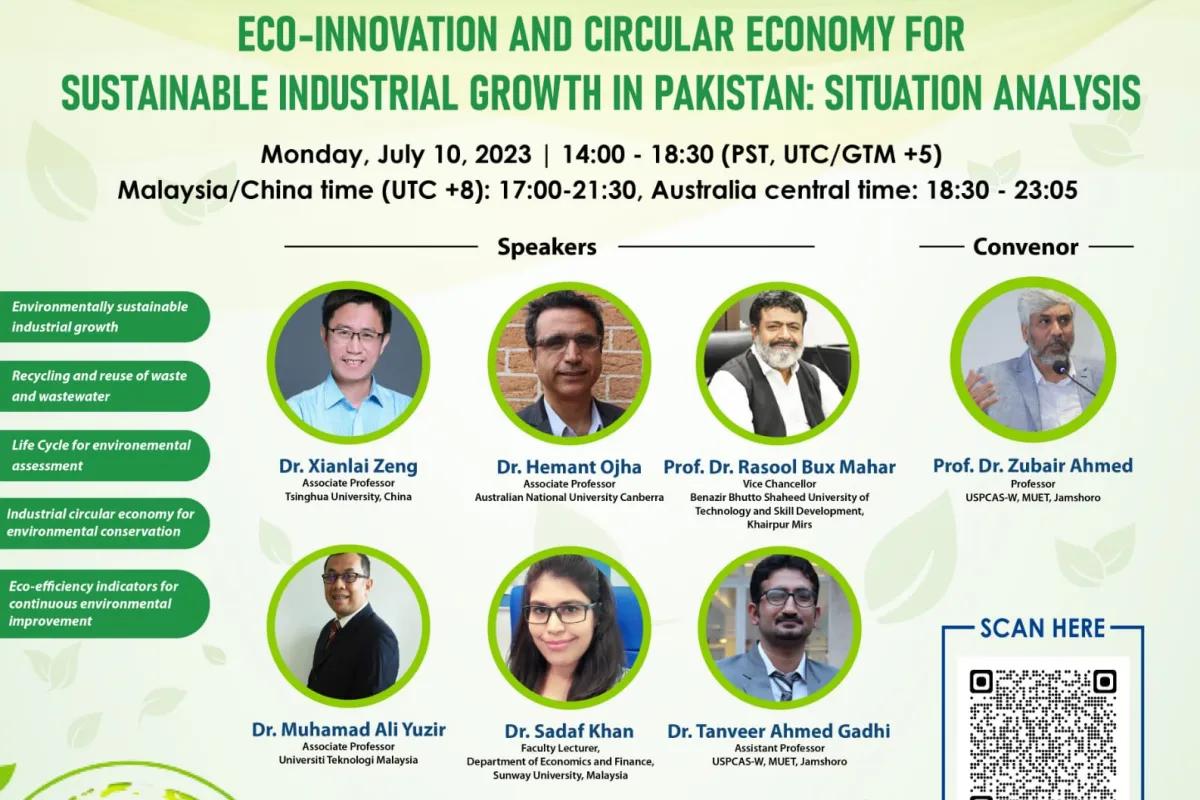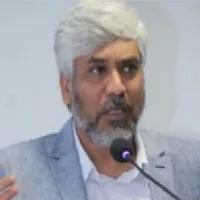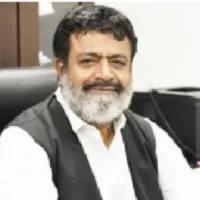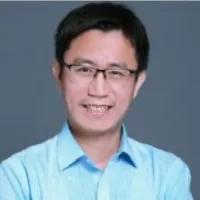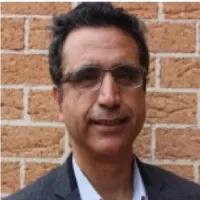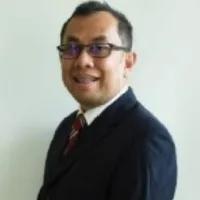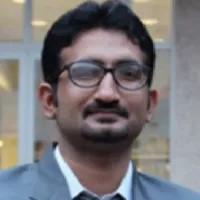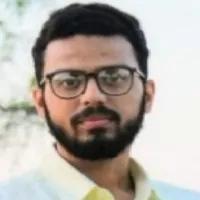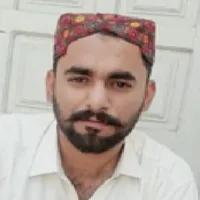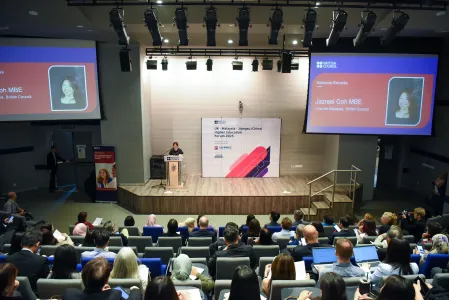The 1st International Seminar on Eco-innovation and Circular Economy for Sustainable Industrial Growth in Pakistan- Situation Analysis
Several universities and institutions including Sunway University played a pivotal lead at the 1st virtual international seminar organised by the US-Pakistan Center for Advanced Studies in Water at Mehran University of Engineering and Technology in Jamshoro, Pakistan. The seminar aimed to disseminate the findings of the Higher Education Commission (HEC) funded project titled "Eco-innovation for the sustainable industrial growth of the major industrial sector in the special economic zones (SEZs) under CPEC," marking the successful conclusion of its inaugural year (February 2022 to February 2023). Dr Sadaf Khan from Sunway University presented on environmental disclosure practices in South Asian countries. Distinguished participants included project stakeholders, industrial experts, and researchers from Pakistan, Australia, China, and Malaysia.
Leading the project was Professor Dr. Zubair Ahmed, the head of the environmental engineering/science department at USPCAS-W. He revealed that the project's first phase, which involved a situational analysis report on the environmental status of six different industrial sectors, had been successfully completed. This phase entailed surveying over 800 industries in five sectors (Textile, Steel, Food, Chemical & Pharmaceutical, and Automobile & Allied), with 113 industries responding. Notably, 57% of the respondents were export-oriented, while 43% were local manufacturers.
The findings shed light on the current state of eco-innovations in Pakistani industries. While some export-oriented industries have embraced eco-innovations, most small-scale industries need to enhance their environmental sustainability efforts. One of the significant obstacles hindering broader eco-innovation adoption is the lack of a conducive environment for effectively enforcing environmental regulations in Pakistan. Additionally, the high cost of eco-innovation options poses a challenge for industries, leading them to perceive environmental investments as liabilities rather than value-adding measures. Another key barrier to environmental sustainability is the insufficient collaboration between industries and research institutes.
The virtual international seminar provided a valuable platform for knowledge sharing, highlighting the crucial role of research and academia, represented by Professor Dr. Zubair Ahmed and his team at Sunway University, in driving sustainable industrial growth in Pakistan's special economic zones under the China-Pakistan Economic Corridor (CPEC). By addressing the barriers and promoting collaboration between stakeholders, the project aims to pave the way for a more environmentally sustainable and economically viable future for Pakistan's industrial sectors.
For Further Information:
Prof. Dr. Zubair Ahmed
@email


